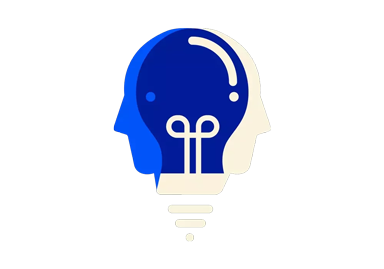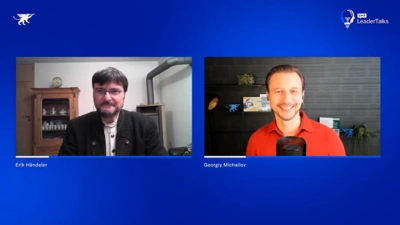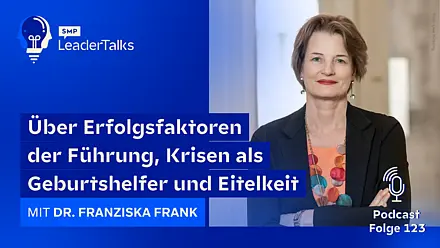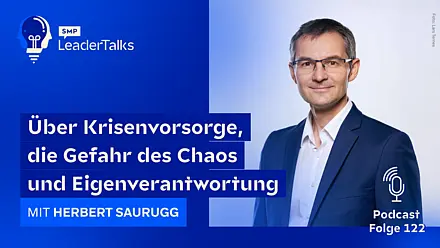The energy crisis is dominating our everyday lives, artificial intelligence is unsettling us, and Germany's position as a business location is wobbling. So what does our future look like?
Rarely have we wished for a crystal ball so much. But will things really be as uncomfortable as they seem at the moment? Or are we so worried that we can no longer see the opportunities?
We won't get an answer from the crystal ball. But we do get an answer from a fascinating and visionary guest: futurologist and science journalist Erik Händeler. He takes an optimistic view of the future and is certain that we will overcome problems like the energy crisis in the medium term. And we don't have to be afraid of an all-powerful AI either.
He explains why he thinks so in an interview with Georgiy Michailov, Managing Partner at Struktur Management Partner.
Händeler brings an exciting thesis to the table. He is certain that our economic prosperity is not dependent on monetary factors. On the contrary, he believes that factors such as family, values and our overall social behavior are the biggest influencers on our prosperity. Crucial location factors are also growing in importance. The basis for this assumption: the theories of the Russian economist Kondratieff. What this is all about is discussed by the two in this current podcast episode.
They also talk about Germany as a business location, why (mental) health will become our biggest problem and what our behavior has to do with economic prosperity.
*Video only in German





